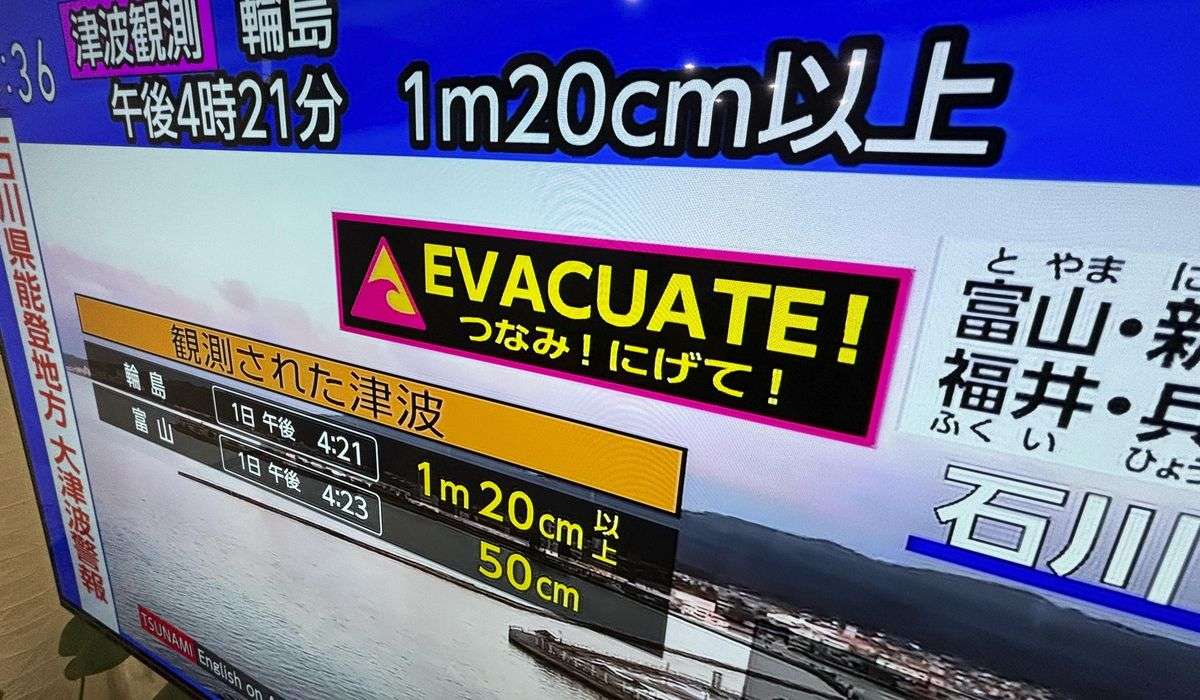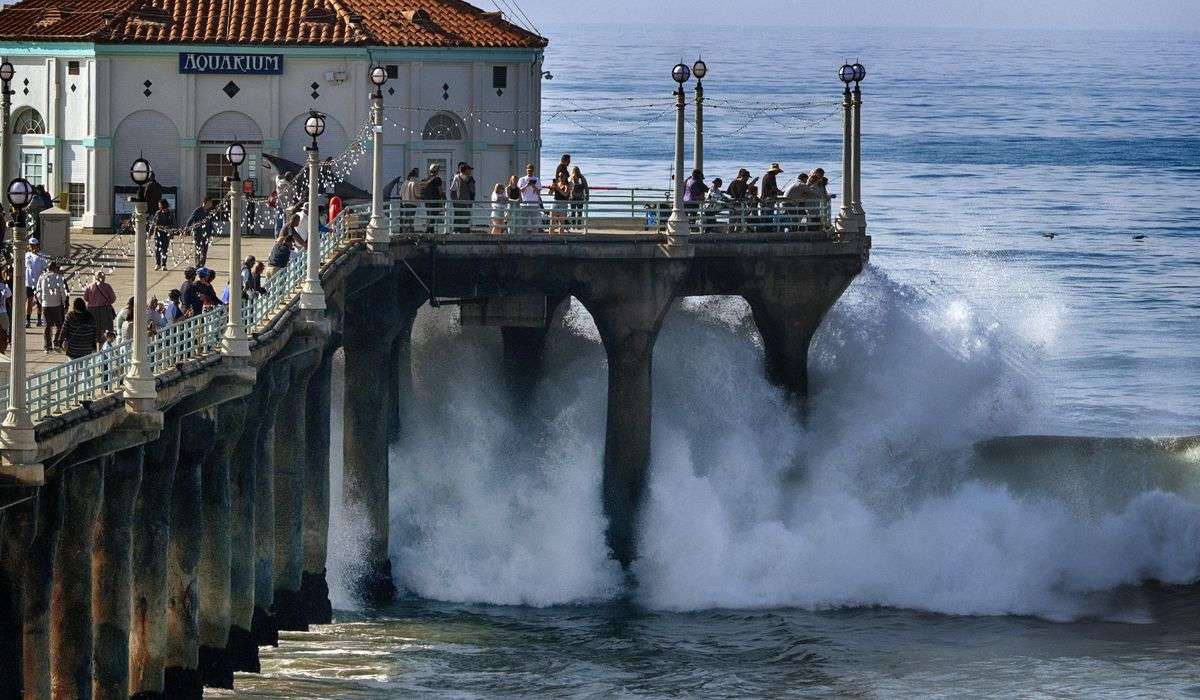A guide for summer travelers: How to rent a house, car, boat or RV
By Christopher Elliott,
When Monica Fish needed lodgings for a family reunion in Fort Lauderdale, Fla., this summer, she chose an unconventional rental option.
Instead of booking a hotel, she clicked on Koala, a site where timeshare owners list available inventory. She found a $1,350 rate for a week in a two-bedroom condo at Marriott BeachPlace Towers.
“That’s about 65 percent less than a hotel,” says Fish, a freelance editor from Glen Rock, N.J. “Plus, I get a living room, a full kitchen, I have a pool — and I’m on the beach.”
No wonder more people like Fish are trying to find creative rental options. Experts have already attached many superlatives to this summer, from “busiest” to “most expensive.” Fortunately, there have probably never been more choices.
Home rentals are hot this summer. Such traditional home rental platforms as Airbnb and Vrbo are sold out in popular markets. You can search all of the popular sites through a metasearch site such as VacationRenter.com. But there are other choices.
Subscription-based accommodations may be the biggest lodging trend of this summer. Already, companies such as Landing offer a flexible-living option for long-term rentals. Landing charges a $199 annual membership. With a domestic network of thousands of apartments, it can add lodging options during an otherwise sold-out summer.
Another relatively unknown accommodation option that is starting to gain traction this summer: home swapping. Home swapping officials say the vacation rental shortage is making more summer travelers turn to sites such as Love Home Swap, which offers “unlimited” stays for $11 a month in membership fees. Of course, you have to have something worth swapping.
For ground transportation, rental options have expanded, too. There are peer-to-peer car-sharing options on the car rental front such as Turo, Getaround and newcomer Avail. Avail, which is already available in 14 U.S. cities, automatically includes insurance coverage with its vehicles.
RVs are in high demand, too. Maddi Bourgerie, a spokeswoman for RVshare, says demand has soared, as has available inventory. “Many owners have realized that their existing RV can become a source of income with the potential of making more than $60,000 per year,” she says. “So we’ve noticed an increase in vehicle options to choose from.”
Outdoorsy, another site for peer-to-peer rental of RVs and campers, has also seen an uptick in business this summer. The top market for growth is Texas, where rentals are up 190 percent so far this year. It is followed by New Mexico, Montana and Arizona.
“The rental market has exploded for people to rent an RV from another owner while traveling,” says Brian Demo, an RV expert for the advice site JustAnswer. One new twist: Many rentals come set up at a campground, so there is no need to mess with hookups or maneuvering the large vehicles.
“It’s a huge advantage to the family that wants to try out an RV for a weekend but can’t tow one or drive a big rig,” he adds.
Even boats are a part of the rental trend. If you need to head out on the water, GetMyBoat can help. It is a rental marketplace that connects renters with boat owners, charter operators and professional captains. Val Streif, a marketing manager at GetMyBoat, says the company has experienced rapid growth in 2021 and is on pace to send more than a million people boating this year.
“Boating has stood out as a great social distancing activity during the pandemic,” Streif says. “It gives people the option to be outside and enjoy the fresh air, in an environment that is cleaned and sanitized.”
Perhaps it’s the lack of cruising that has pushed more people out on the water. But insiders say the rental trend is real. “Before the pandemic, boat rentals were one-offs,” says Joe Ialacci, founder of the luxury boat rental company Yacht Hampton. “Now, people are planning ahead and booking out their whole summer on a yacht.”
But how do you rent a house, car, boat or RV? Now more than ever, make sure you start by researching your rental carefully.
“Always look at the reviews,” says Erin Thomas, an Airbnb host from Charleston, S.C. “See what others are saying, and if they mention drawbacks, consider how you feel about them. Dealbreakers for some are not dealbreakers for others.”
Also, do not procrastinate. “The best rental homes in prime locations will book quickly,” says Jeremy Gall, CEO of Breezeway, a property operations and service platform for short-term rentals. For example, many popular destinations such as Cape Cod, the Carolinas and the California coast expect high occupancy rates this year. Guests can get the best deals by booking in advance.
And, most important, read — don’t skim — your rental contract and insurance policy. If you don’t read the contract, you could inadvertently violate its terms and incur penalties. Similarly, if you don’t read your policy, you could discover too late that you don’t have the coverage you need. Sherry Sutton, vice president of marketing at Travel Insured International, has reviewed many of these insurance policies and says renters may find the coverage lacking.
“For example, they don’t offer coverage for the inconvenience caused by property construction that prevents you from accessing amenities during your stay,” she says.
So whether you need a car, boat or home, you may have lots of new options this summer. But remember, the rules are pretty much the same as they always were: Don’t delay, know what you’re getting, and read the fine print.
Read more from Travel: Read past Navigator columns here






